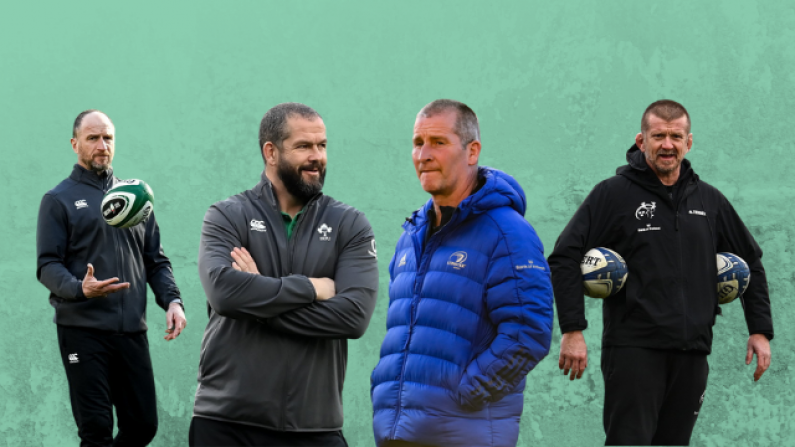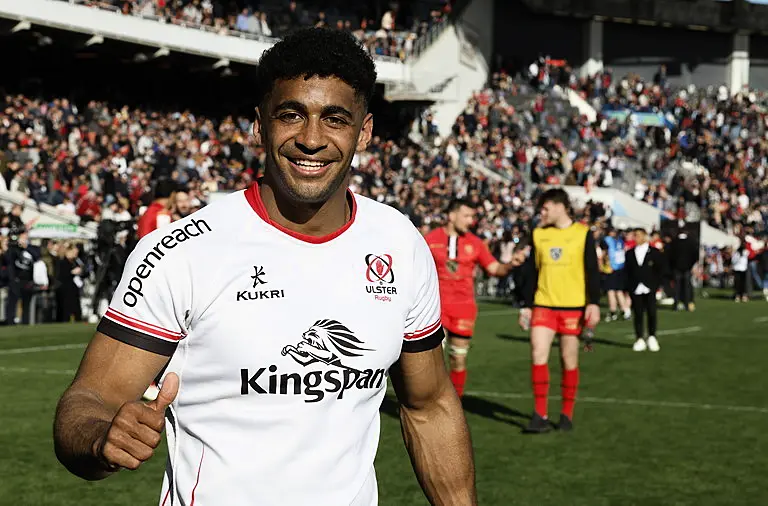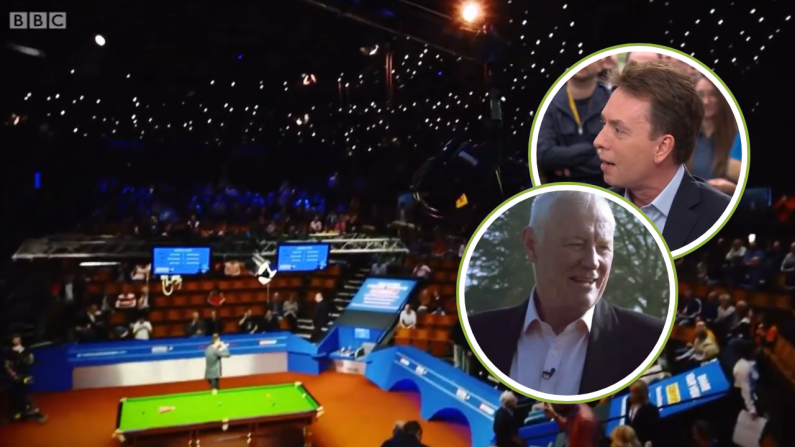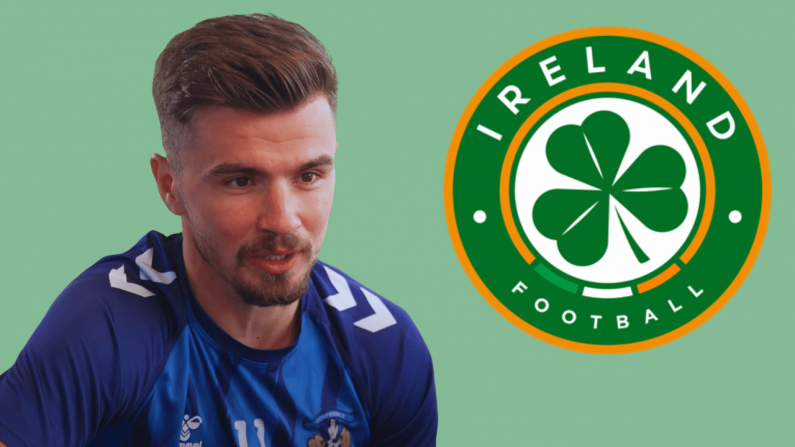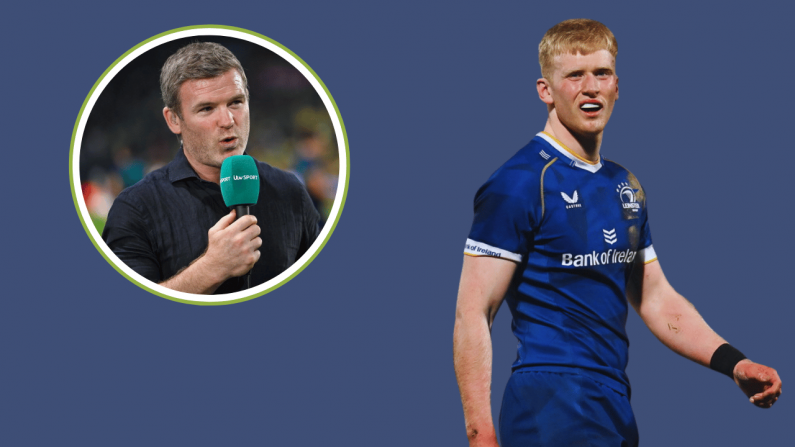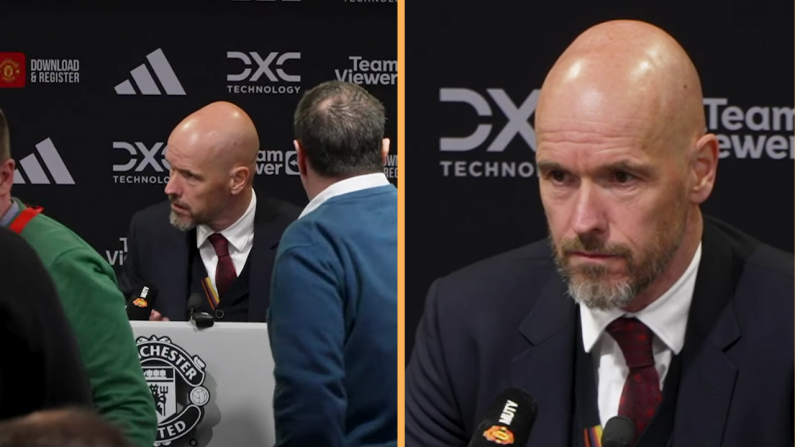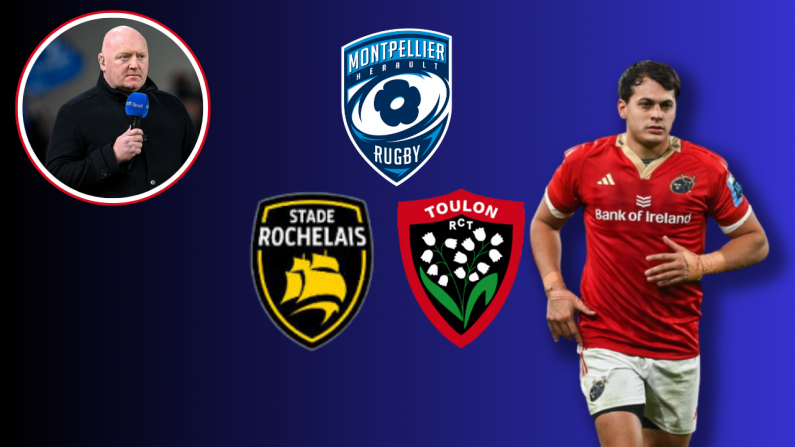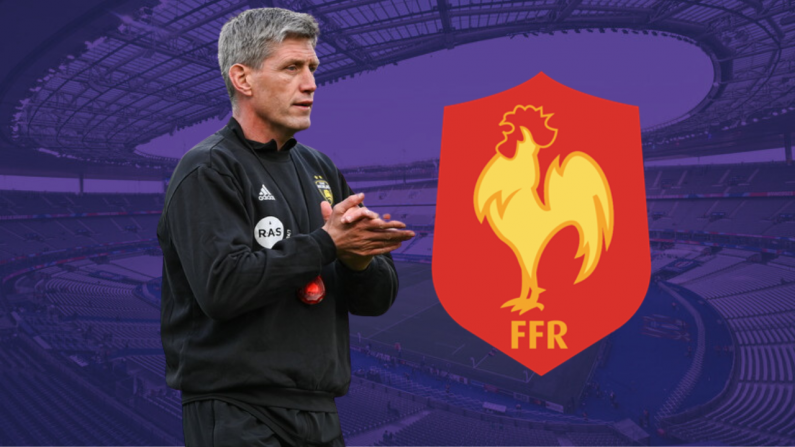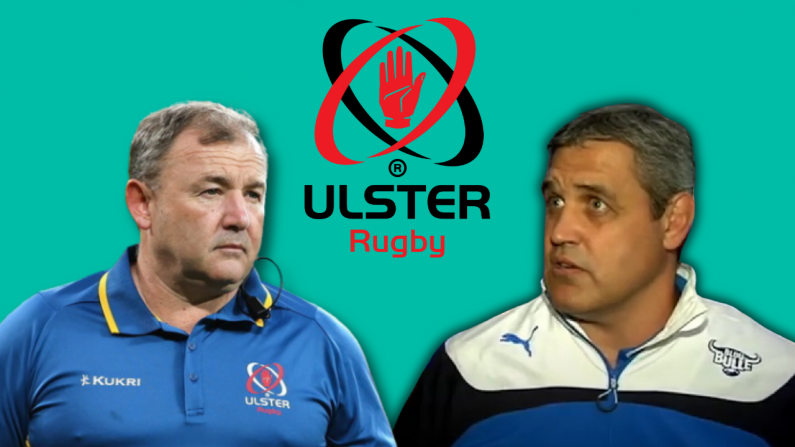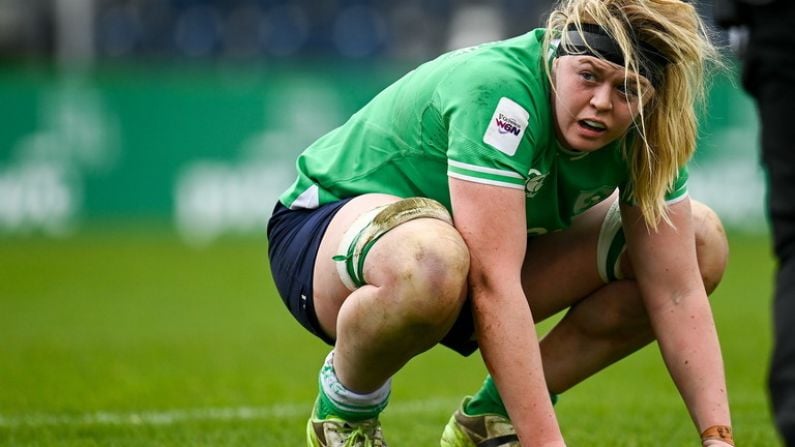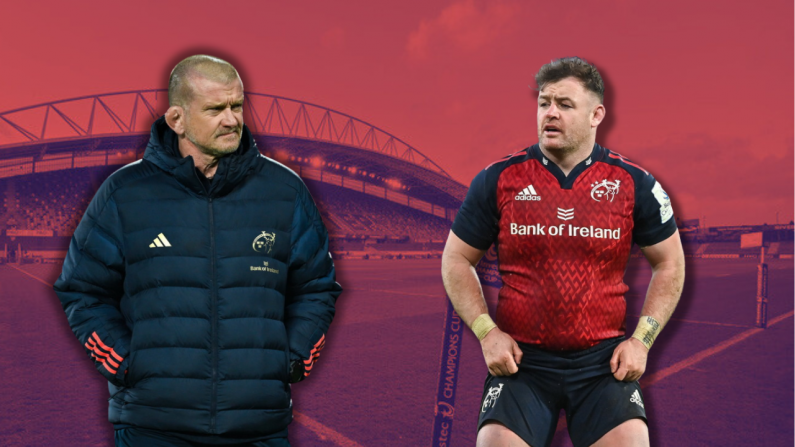In partnership with Ladbrokes.com
Nobody could have foreseen a situation where the coaching set-up from England’s disastrous World Cup 2015 campaign came to all be working in Ireland just four years later.
England’s 2015 head coach Stuart Lancaster, who was most affected by the failure, remains in his senior coaching role with Leinster. The Leeds Tykes legend and former Scottish underage international has enjoyed unanimous praise and success since being persuaded to join Leinster by head coach Leo Cullen. Following Leinster's 2018 Champions Cup win, he spoke of the "deep happiness" he felt for his family, going a long way to exorcising the 2015 demons.
After being heavily rumoured to be taking the top job at Munster, it was confirmed yesterday that current forwards coach Graham Rowntree will be the province's new head coach. His words after the announcement, show what his time in Munster has meant to him thus far.
"I am hugely honoured to be taking over the role of head coach for a club of this calibre, one that means so much to me and my family."
Andy Farrell, defence coach in the 2015 setup is now of course Ireland’s head coach, with Mike Catt a trusty assistant and attack coach. Despite a questionable first couple of seasons with Ireland, highlighted by poor performances against the likes of England, France and Georgia in 2020, they have managed to turn it around and have Ireland motoring and looking like one of the best and slickest international sides in the world.
Where are they now? - yes all in Ireland!
Stuart Lancaster @leinsterrugby senior coach
Mike Catt @IrishRugby attack coach
Andy Farrell @IrishRugby head coach
Graham Rowntree expected to be new @Munsterrugby head coach pic.twitter.com/WZBy6itUx9— chris jones (@chrisjonespress) April 11, 2022
The 2015 World Cup
So how did the coaching ticket, three of them ex-England internationals, of Ireland’s public enemy number one, end up on the island and manage to curate popular reputations for themselves among Ireland’s rugby community.
Going back to the 2015 World Cup is a good place to begin.
England’s home World Cup and it had the potential to be the peak of their coaching careers. Instead they were famously knocked out in the group stages after losses to Wales, Australia, much to the delight of Irish fans, revelling in one of the biggest failures English sport has ever experienced.
This brought with it some hesitancy from some quarters when it was announced that Lancaster and Farrell would be taking jobs with Leinster and Ireland. But in reality they had not been as poor as it was made out.
Lancaster came agonisingly close to securing two Six Nations Championships, in both 2014 and 2015. The Irish and Joe Schmidt received the trophies and the many plaudits that came with it, despite the result being so close that it in the end it was essentially in the hands of the players.
At the World Cup, while there is no doubting the magnitude of the failure, a lot of blame should go on the players, as Lancaster could only watch on in horror as they capitulated against an injury ravaged Welsh side. Not to mention captain Chris Robshaw’s mistake to go down the line with a penalty when a shot at goal could have put the sides level late on.
There was also the Sam Burgess situation. The rugby league star brought in at centre despite playing backrow for Bath, and the availability of the Farrell-Ford combination at 10 and 12. Burgess was scapegoated by the press and a lot of the blame was put on the men who had selected him.
His selection was certainly misguided, both optically and on the field, where he didn’t have much of an impact. However, the gravity of the situation was overblown and there were bigger reasons for England’s failure. And, as is often quoted, England were winning by seven against the Welsh with ten minutes to play when Burgess went off the field.... Burgess has also since said that "what cost us an early exit was individual egos and selfish players not following our leader."
The loss against a great Australian team seemed inevitable, as was the subsequent resignation of Lancaster and the firing of his coaching staff by the incumbent Eddie Jones.
Lancaster has spoken previously on the devastating affect the affair had on him, because of the pain it caused his family. Reading his memories of his daughter "crying in the car", of wanting to "protect" his family, and the pain he saw in his parents faces, make his achievements with Leinster all the more special, and a little bit poignant.
Stephen Ferris summed up some of the toxicity which is seen all too often in the English press and their reaction to high-profile sportsmen and coaches, and by contrast, the more fair and relaxed nature in Ireland.
"When you work in England or you work to the English RFU, it's almost like every time you go out, you have to have a performance, if it's not world-class then you're getting sacked the following week. And here in Ireland they seem to have a bit more breathing space."
🇮🇪 rugby 🤝 🏴 coaches@stephenferris6 talks about the advent of English coaching in Irish rugby and the inherent differences in environment between the two nations.
Watch more from Stevie here: https://t.co/1GjQjIPHfd
| In Partnership with https://t.co/un1DzIKaVI pic.twitter.com/uUuBeVMzuJ— Balls.ie (@ballsdotie) April 15, 2022
Redemption And Success In Ireland
The coaches' standing had been decimated at home but thankfully the IRFU, Joe Schmidt, and Leo Cullen, could see through a lot of the nonsense, and in 2016 both Farrell and Lancaster arrived on these shores. Farrell teaming up with Schmidt as defence coach of Ireland, and Lancaster taking up a senior coaching post with Leinster.
Lancaster had an immediate effect. Leinster's play improved, and they were narrowly beaten in the 2016-17 Champions Cup semis, having finished last in their group the previous year. What followed after was European success in 2018, multiple Pro 14 trophies, and a squad of players who contribute the vast majority of talent to the national team.
Farrell arrived into Joe Schmidt's coaching setup with the goal of redeeming not only himself but also Ireland, after their own World Cup failure in 2015. He played a massive role in their 2018 Grand Slam success, but unfortunately the World Cup in 2019 turned out to be even worse than the one previous. Now at the helm, he has a chance to right these wrongs and build a new team after the Schmidt era. And it looks to be bearing fruit after one of Ireland's most successful years in recent memory.
Rowntree and Catt followed in 2019, to Munster and Ireland respectively. Catt, who was already on his road to redemption having worked successfully with Conor O'Shea as attack coach for Italy, struggled initially, but now Ireland's backline play is some of the most revered in rugby.
Rowntree, whose reputation was probably the least affected after 2015, joined Munster with Stephen Larkham after a series of jobs with Harlequins, the Lions, and Georgia. While he still has the most to prove on these shores, given Munster's lack of recent progression, do not bet against him becoming a resounding success as their head coach.
None of the four men look to be going anywhere soon, and have made the Emerald Isle a home away from home, and a safe haven where they have replenished their statures as top-class coaches. Should more success and trophies follow, we may begin to call them honorary Irishmen, something that would not have seemed likely seven years ago when they stood in the Twickenham stands wearing the red rose and belting out God Save The Queen.

